Taking care of yourself naturally means having a completely different approach towards our health.
It requires knowing ourselves and our bodies and listen to them in a way that is not common in our modern life, where we expect someone else to take care of our health. Furthermore, we expect a standardised approach to be effective for every one of us in the same measure. Does it sound a bit unrealistic to you? That’s because it actually is. To overcome this, you need to put in some effort and focus on yourself, your reactions to medicines and herbs, and focus on your body.
Natural remedies can be very helpful, but only if used wisely. Following these 8 rules to nail natural self care will ensure you do it safely, and will contribute to increase your knowledge and help you in finding out what really works for you.
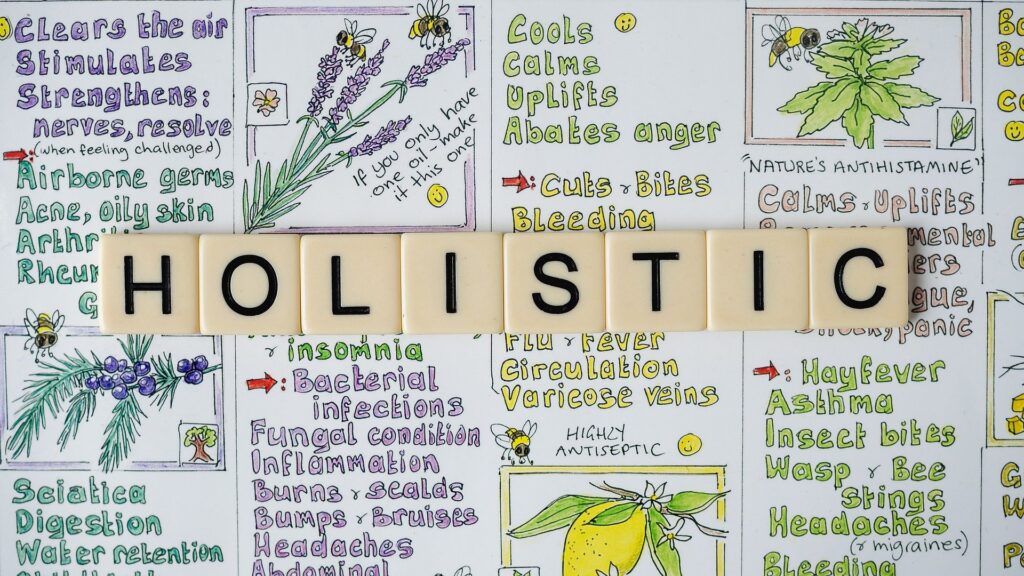
What does using a different approach means
- Using natural remedies to take care of yourself does not mean taking an herb when you are almost knocked out by a flu/back pain/whatever that you ignored for days, and then expecting that herb to have you up and running in the blink of an eye. This might even work sometimes, according to type of illness that you have, but the whole approach is wrong. You have to think about what you can do to maintain yourself in a state of health, instead of just put a patch on yourself once you are sick. Well, you’ll need to do that too, but the focus must be on prevention. Firstly, the whole concept of natural wellbeing is based on maintaining a good state of health. Secondly, is meant to ensure that once getting to the cure you focus on the cause of illness and not only on treating the symptoms.
- The other very important thing you need to realise is that there is no one size fit all remedy, or cure, or medicine, or diet, or solution. There is no such thing! What is perfect for me, might not be as good for you. At a profound level, it means understanding that we are all unique, we can have different reactions to different medicines and herbal remedies, and to foods. We have to consciously commit to test and understand our reactions, and no doctor can actually replace that kind of knowledge (But it will help your doctor if you have it!). The only way to find your perfect recipe is to know yourself, and again listen to your body, that is likely already telling you many important things, even if you are not really listening yet. You need patience, and observation, and a good deal of commitment.
The right way to look at natural wellbeing
- Consider natural self-care as an integration to allopathic or traditional medicine, not as an alternative. This is really important to avoid putting yourself in a dangerous situation. Natural remedies are powerful and we should consider them as helpful allies to enhance the power of allopathic medicine, because they can’t heal everything. We should use them to avoid using antibiotic to cure a simple illness. We should use them as a way to limit medicines to when they are really needed, and should integrate the use of standard medicine, NOT REPLACE IT COMPLETELY. Extremism is never a good idea. If we were to think that medicines are bad just because they are not natural, we would make the same mistake that I believe modern medicine is making: not considering ourself as a whole, and not considering all that can help us. And that does not mean that with serious illnesses natural medicine is useless, it can be helpful anyway to treat collateral effects of the medicine we are using, or to take care of other related problems.
Setting your limits
- Give yourself a set time to try with natural self care. 2 weeks on a general basis might be a reasonable time, but even 1 week might be enough depending on the symptoms you have: more serious symptoms or symptoms that get consistently worst for more than one day should alert you! If after that time natural remedies are not helping out, it might mean you are not on the right track and need help from a doctor.
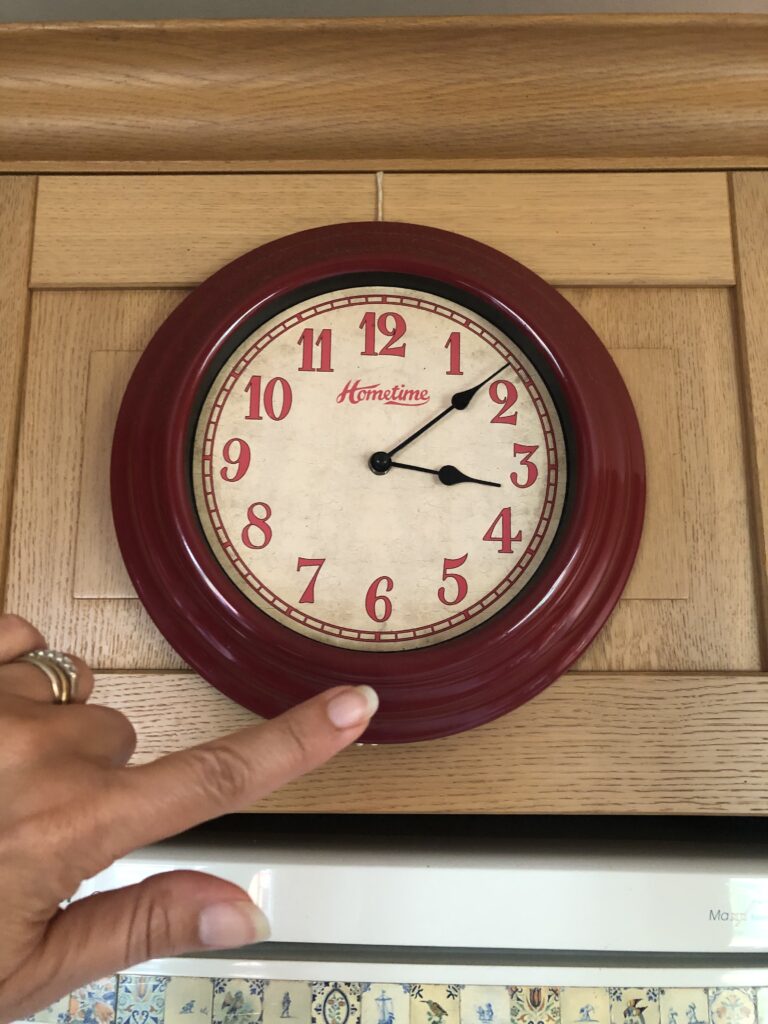
- Monitor your symptoms closely. Use a diary, ideally, to write down everything. Memory can be tricky when you are not well. And a diary will help you as well if everything works out fine, to go back to what already helped you in a similar situation. And it’s crucial to note the reaction you have to different remedies, use that for standard medicines too!
Safety first
- Invest in a few auto therapy manuals. DO NOT EVER RELY ONLY ON THE WEB to take any decision regarding your health. There are many books and manuals written by doctors who specialises in natural remedies, and that are reliable because based only on published researches and studies. Using books, you’ll gradually build up your knowledge and develop a handy “how to” for the most common minor illnesses.
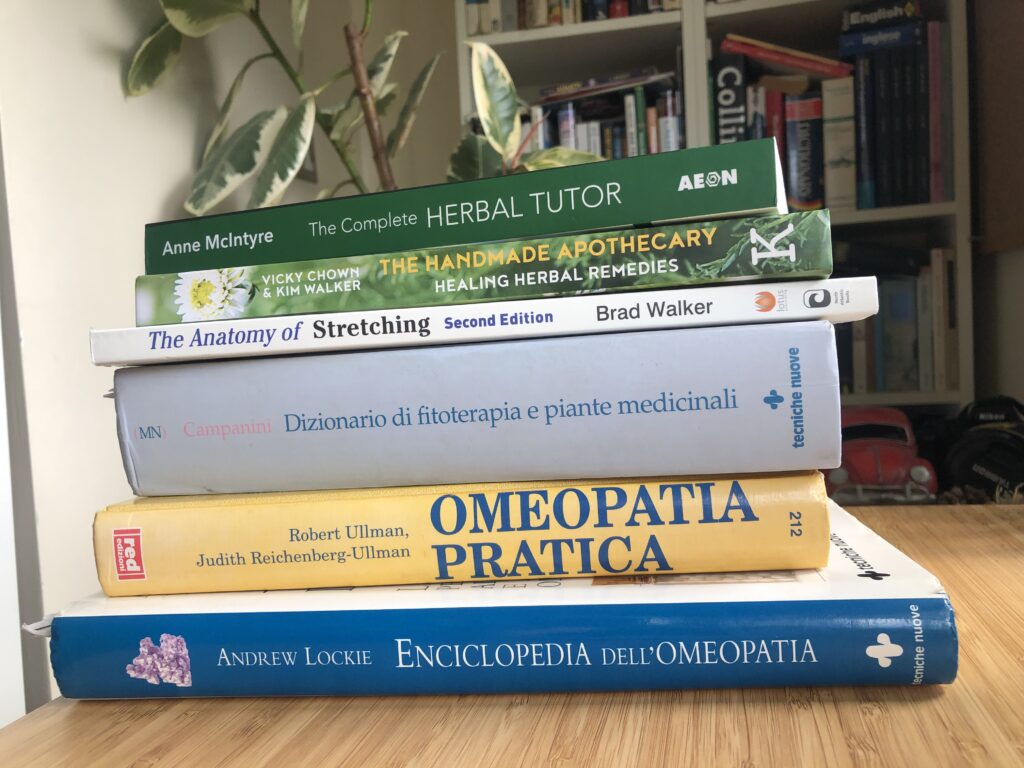
- Do not underestimate the power of herbs. Make sure you know if there is any warning or precaution, or interaction with other medicines. I’ll give you a couple of examples, just to make it clearer. Echinacea drops are helpful with cold and flu, but since they work enhancing our immune system, they should not be used when there is an autoimmune disease, as they would make it worst. St. John’s Wort is used to relieve anxiety and mood problems, but it might interact with oral contraceptive, and you don’t want to risk a pregnancy. Natural products do not have a leaflet unfortunately, so again you need to rely on a manual that will tell you what warning and interactions the herb can have.
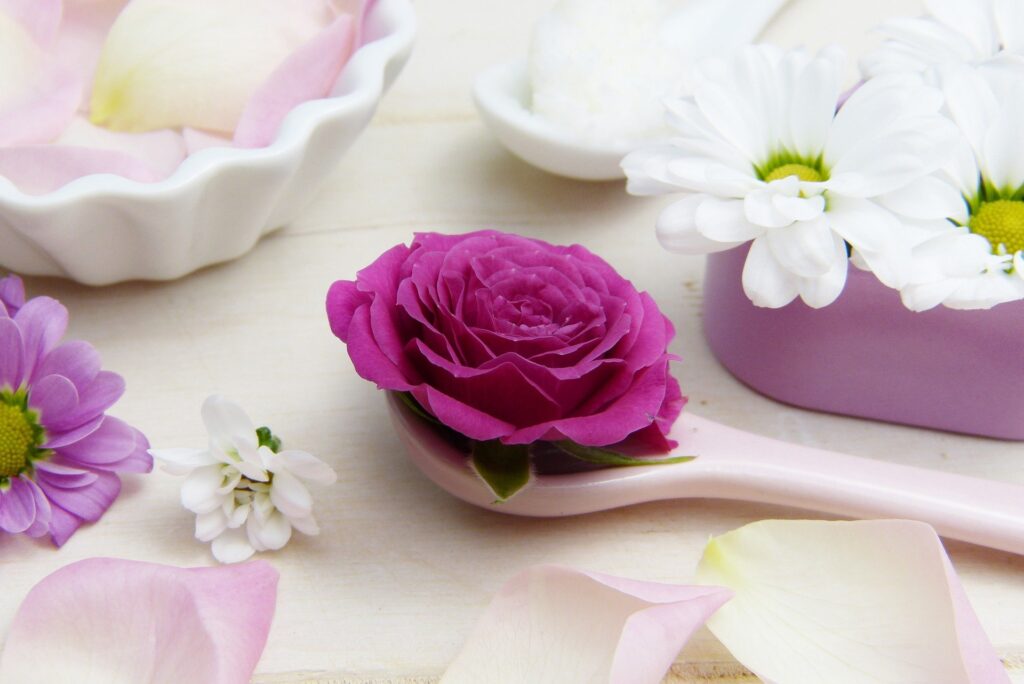
- Always evaluate your symptoms before deciding wether proceeding with auto therapy is wise, or simply call your doctor straight on is best. Once again, manuals and books will help you with that, but on a general basis if you experimented a seizure, inexplicable bleeding, intense pain, high fever for more than 2/3 days, or even something that you simply cannot understand, do not hesitate and call a doctor immediately. Better safe than sorry is a very sound advice when your health is the subject!
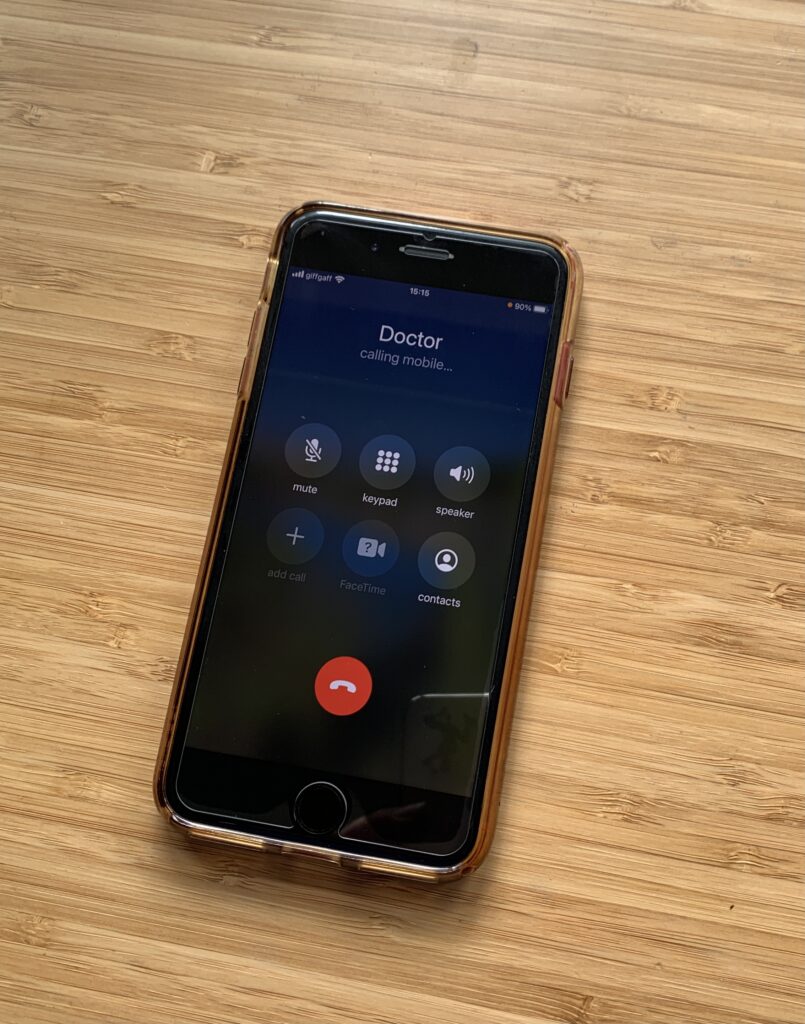
Natural self care learning curve
Our health is a complex thing that is influenced by many different factors. Our stress levels and emotional/psychological state can play a big part on that, and in some cases, we might simply not be able to focus enough to choose auto-therapy. In some other cases, we might have underestimated our stress levels, and find ourselves sick despite putting all our attention on prevention and nutrition. This is normal, don’t ever consider this as a failure, or feel you are not good at that because you need to call a doctor. You are not a doctor, and your aim should be being well and healthy, not ignore how you are just for the sake of going natural. Consider everything as a learning chance, and reach out to your GP anytime you are in doubt!
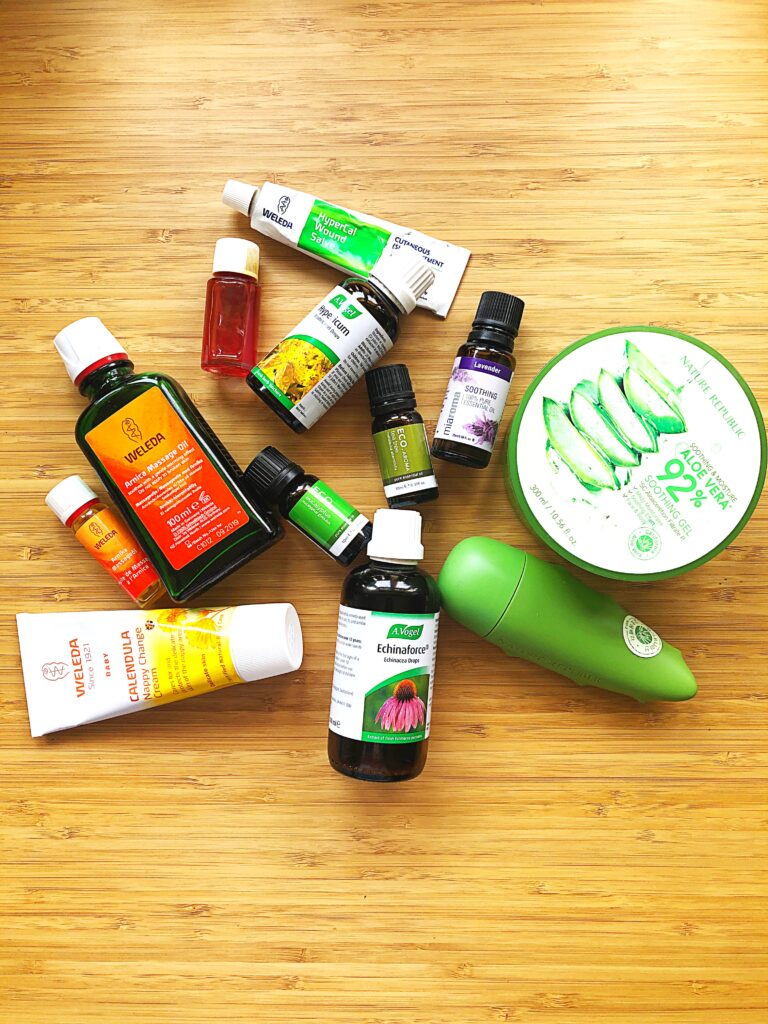
If you want to find out more about natural auto therapy and self-help, read my article on how to create your natural first-aid kit.
Have you ever tried auto therapy? And which minor illnesses have you used it for? Let me know in the comments!